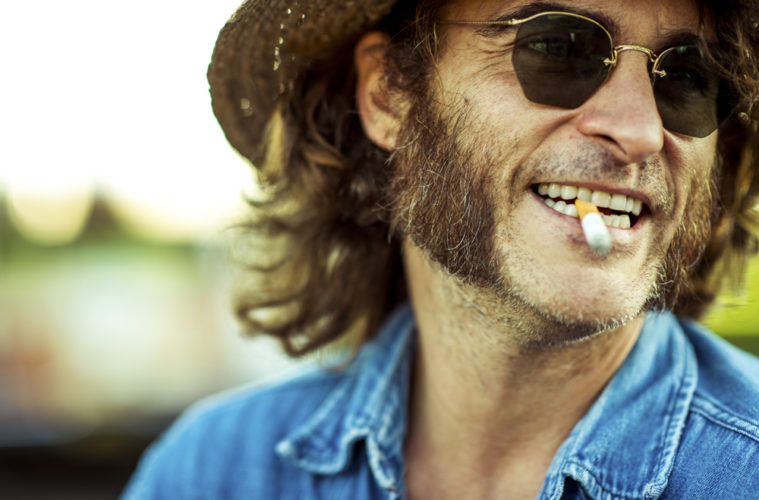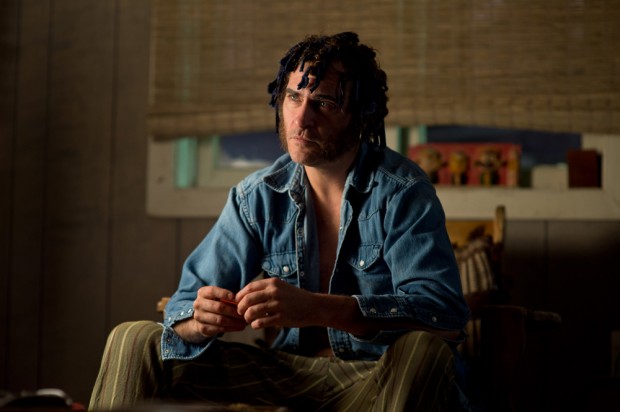
By the time you’re reading this, there’s a strong chance I’ll already want to adjust my year-end list, but I’m confident of at least four truly exceptional films that arrived in 2014. Add in the multitude of accomplished, well-crafted titles from the last 12 months and, as always, it’s been another superb year in cinema-going.
Yes, there are great dramas (Enemy, Ida, Gone, Gone Girl, Enemy, Night Moves, Leviathan, Coherence), documentaries (Citizenfour, Mistaken for Strangers, The Overnighters), bigger-budgeted fare (Godzilla, Lucy, Snowpiercer), and one visual mind-bender (Goodbye to Language) that I wish I could’ve made room for, but, when all is said and done, here are the 15 films that most resonated with me this year. Continue below, and one can see a vague ranking of all (161) 2014 films I’ve viewed here, as well as my 50 favorite non-2014 films I watched for the first time here.
Honorable Mentions

10. Force Majeure (Ruben Östlund)
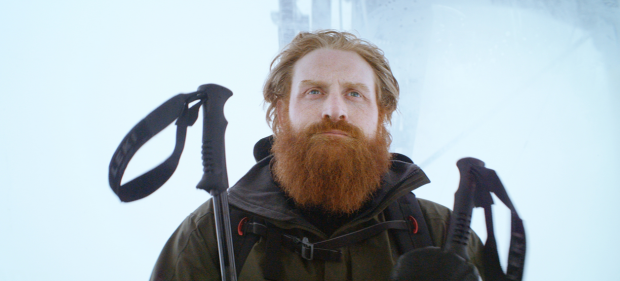
A last-minute but necessary inclusion, considering how much of it has stayed with me since viewing it a few months ago, Ruben Östlund‘s Force Majeure is a rigorously assured exploration of the responsibility found in marriage. Despite an ending I’m still not confident is essential, what comes before is deeply funny and smartly observed, with performances that rely on acute gestures and movements to convey things some films take an entire runtime to explore. I can only imagine an American remake will be in the works soon, so make sure to catch up with it before then.
9. The Better Angels (A.J. Edwards)
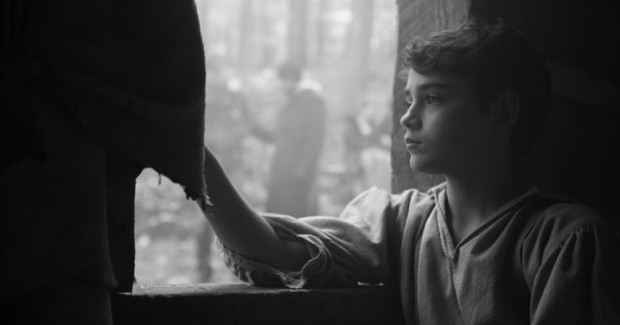
The best biopic of the year is also one of the most formally engrossing, two aspects that often clash. Yes, Terrence Malick‘s influence is felt in the debut of his protege, A.J. Edwards, but it’s the first film not from the renowned director to harness, not cheaply rip off, his style. With a fascinating historical approach (the voice-over dialogue comes directly from family writings regarding Abraham Lincoln) and despite never naming the iconic President-to-be, we get an intimate sense of both the harsh and tender side of his upbringing. It may not have received its proper due upon release, but I imagine few films from this year aging more gracefully than The Better Angels.
8. They Came Together (David Wain)
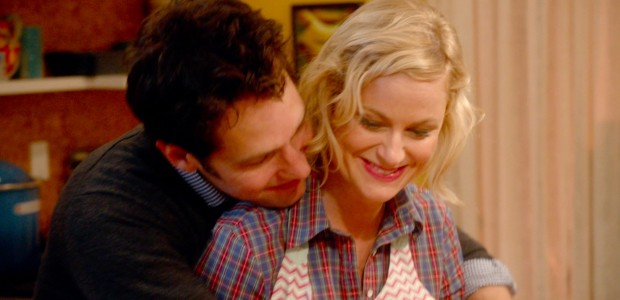
Five films in and with a bevy of other projects, one will certainly by now know if they click with the humor of David Wain. His latest feature, an affectionate dismantling of the romantic comedy genre, marks his most consistent and, for my money, the funniest comedy of the decade thus far. In an era where much of the spoof genre lazily repeats scenarios for cheap laughs, They Came Together is a remarkably brilliant dissection of tropes, led by two of the most likable actors in Hollywood, not to mention a gathering of exceptional (and unexpected) supporting players.
7. Two Days, One Night (Jean-Pierre and Luc Dardenne)

Peerless in their perception of the human struggle, the Dardennes have built a filmography full of richly developed characters with their own battles. Their latest, Two Days, One Night, is among the best examples of precisely what they excel at. Afflicted with depression — a trait Marion Cotillard‘s character fully embodies, and is not simply given one scene to exhibit– we follow her mission to convince her co-workers to get her job back. The initial simplicity of these clear roadblocks immediately becomes complex as each new encounter shows the intricacies of achieving such a goal.
6. Manakamana (Stephanie Spray, Pacho Velez)
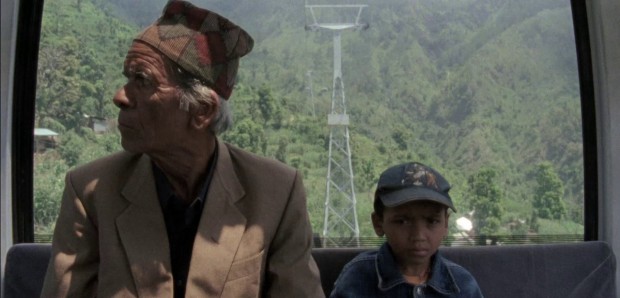
The year’s best documentary is also the most relatable on a global scale. While any average stranger would rightfully be alarmed if one stared at them for more than a few seconds, the latest documentary from the Harvard Sensory Ethnography Lab (responsible for the masterpieces Leviathan and Sweetgrass) provides an unprecedented yet simple viewpoint. Over the course of 11 single shots to or from a Nepalese temple, we travel with different passengers (including a trio of goats) and learn more about our fellow man, notably what it would be like to perhaps strike up a conversation with them.
5. The Immigrant (James Gray)
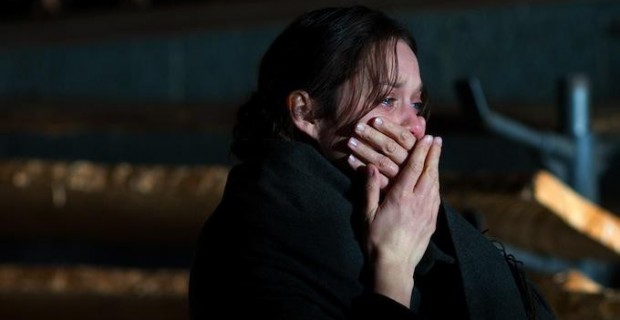
James Gray once again proves he is one of our greatest working directors with his latest melodrama, The Immigrant. Placing us in a flawlessly recreated 1920’s New York City, we witness how hope can open the doors to complex, treacherous terrain. Even its deriders can appreciate the greatest final shot of the year, one that certainly wouldn’t work as well had it not been for the immaculate drama to come beforehand. Along with the aforementioned Dardenne feature, it’s proven that the year belongs to Marion Cotillard.
4. Only Lovers Left Alive (Jim Jarmusch)
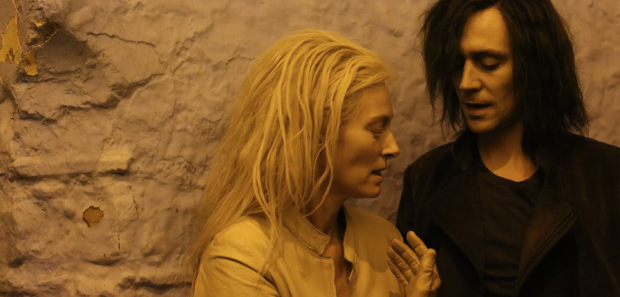
Jim Jarmusch has long been striving for the ideal settings and characters in which to place them; while he’s crafted a number of significant films, he’s found his quintessential sweet spot with Only Lovers Left Alive. Exuding a sense of off-beat cool in every scene, this world of vampires is endlessly intoxicating, an admittedly rare statement when it comes to the genre in today’s age. So pop in that Blu-ray, sit back, relax, and let this year’s film closest to resembling the aura of a great record spin away.
3. The Grand Budapest Hotel (Wes Anderson)
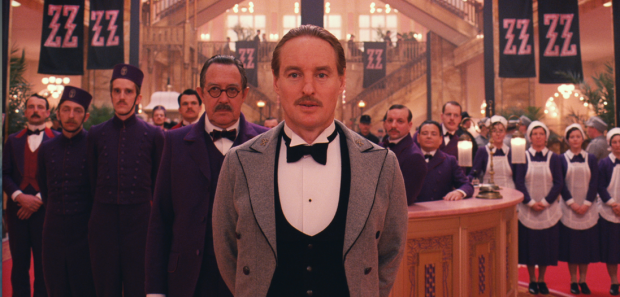
Fantastic Mr. Fox marked a clear shift in his career, albeit it being (or precisely because it is) an animated feature, and seemingly opened up new doors in the live-action realm for Wes Anderson. With his latest two features taking on an even more precisely crafted storybook feel than his early work, the emotional weight missing in Moonrise Kingdom is thankfully found in The Grand Budapest Hotel. A furiously paced, immaculately detailed work of staggering beauty (in every frame, no less), the tragic stories at the center only reveal themselves to be as such after Anderson concludes this wildly entertaining caper.
2. Boyhood (Richard Linklater)
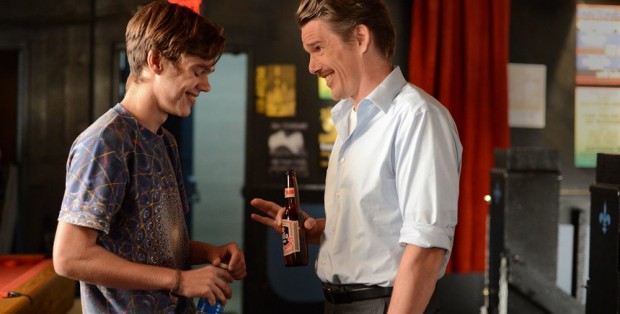
For the second year in a row, Richard Linklater has delivered one of the year’s best films. Not unlike my experience upon viewing Before Midnight at Sundance last year, after seeing Boyhood, I wondered if another film could live up to it in the next eleven months. While the answer is now apparent, the technical conceit and execution of Linklater’s latest is, yes, remarkable (particularly how it evolves over the years), but it could’ve easily been a failed experiment had it not possessed the narrative weight as support. While the perspective of Ellar Coltrane‘s Mason is the focal point, we get affecting reflections on parenting, friendship, romance, and more through each person that enters his life or were there from the start. The overall effect may seem more substantial when viewed after-the-fact, from a distance, but, scene-by-scene, Linklater further proves his seemingly effortless skill at capturing profound insight into everyday life.
1. Inherent Vice (Paul Thomas Anderson)
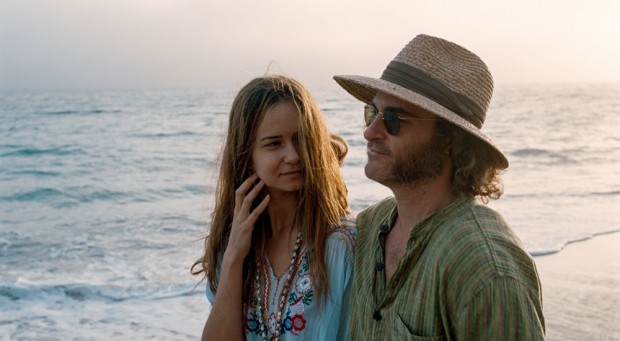
Often, my favorite film of the year creates a fully realized world in which each supporting character feels like they could lead their own film and every line of dialogue is one that can be endlessly pored over. Paul Thomas Anderson‘s Inherent Vice, like last year’s Inside Llewyn Davis, wildly succeeds on those fronts and many others. It’s a dense, keenly faithful adaptation of Thomas Pynchon‘s novel, at once sprawling in its far-reaching, paranoia-drenched plotting, and intimate, with the majority of scenes featuring prolonged, drug-laced conversations that superbly wrangle every word from the source material. With sublime casting across-the-board and unmatched direction relative to 2014’s other offerings, I look forward to endlessly revisiting this in the years to come.

